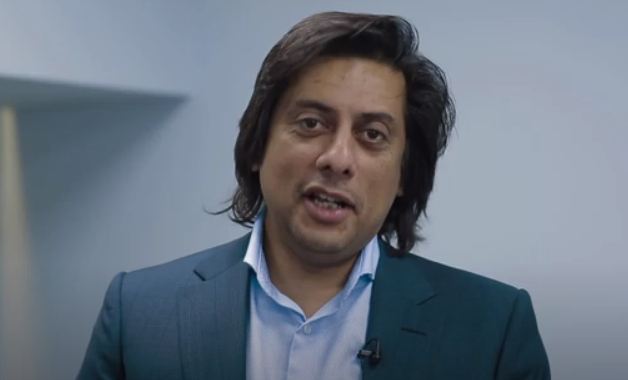The pro Israel Campaign Against Anti-Semitism has failed in a legal attempt to overturn a decision not to prosecute a pro-Palestine campaigner for remarks he made during the 2017 Al-Quds Day march in London.
The High Court dismissed the judicial review brought by the CAA against a decision by the Director of Public Prosecutions not to take action against Nazim Ali on the grounds that comments he made during the protest in June 2017 were not abusive and had not caused alarm or distress to Zionists who were taking part in a counter-demonstration.
The CAA had claimed that Mr Ali had insulted Zionists, Zionist rabbis and those associated with the Jewish Board of Deputies who felt alarmed by his anti-Zionist comments at the annual rally.
They took particular offence when Ali said: “Some of the biggest corporations who are supporting the Conservative Party are Zionists. They are responsible for the murder in Grenfell. The Zionist supporters of the Tory Party.”
He also said: “Careful, careful, careful, of those Rabbis who belong to the Board of Deputies, who’ve got blood on their hands, who agree with the killing of British soldiers. Do not allow them in your centres.”
Having failed to persuade the DPP to prosecute Mr Ali, the CAA brought a private prosecution against him. However, the DPP took over the private prosecution and dismissed that as well as Mr Ali argued this was an abuse of process.
The CAA had argued that Mr Ali’s comments against Zionism and Israel had made them vulnerable in that they felt more at risk of being of being set upon or shunned in society, at work and elsewhere because of the complainants’ Jewish heritage.
Subscribe to our newsletter and stay updated on the latest news and updates from around the Muslim world!
But the court held that while what Mr Ali said may have been intemperate, deeply offensive and distressing it could not be said to be abusive nor constitute any threat to public order.
The High Court agreed with the DPP that while the remarks “were possibly at the limits of strident political discourse they were nevertheless an expression of views that he was free to hold in a free and democratic society.”
The Islamic Human Rights Commission, which backed Mr Ali, said the High Court decision marks an important victory for pro-Palestine campaigners by guaranteeing freedom of expression and implicitly rejecting the association of anti-Semitism with Zionism.
Commenting on the decision IHRC chair Massoud Shadjareh said: “We are pleased that the High Court has seen through the aim of the CAA in this case which was to silence criticism of Israel via the Public Order Act. The action brought by the CAA is typical of the Zionist tactic to cow or silence all opposition to the Zionist state. Just as Israel murders or jails all opposition figures in Palestine to silence them, Zionists like the CAA want to similarly silence and destroy all opponents of Israel in the UK.”
A CAA spokesman said: “Our judicial review did not succeed because the court decided that the decision to drop the case could not be characterised as irrational. That is hardly a ringing endorsement of the CPS’ conduct. We deeply regret that once more, hate speech on our streets has gone unpunished.”






















